
Welcome, songwriter! This blog post is full of songwriting tips that actually work. So if you want to write songs faster and more efficiently without sacrificing quality, this is the site for you.
Songwriting is an art form that can be learned. Anyone can do it with the proper techniques and habits. This blog post will discuss speed songwriting tips to help you write better songs faster!
Learn the Speed Songwriting System
I developed The Speed Songwriting System after a dry spell that lasted too long. I was stuck with songwriting, and it felt like the process had become a chore rather than something enjoyable.
Through extensive trial and error, I developed a songwriting system that helped me to write songs faster and more efficiently without sacrificing quality. This system works by breaking songwriting down into seven simple steps.
Start!
Get into the songwriting habit! Start again. Continue the work!
Successful artists know the importance of routine. It's undoubtedly true that inspiration will help get those creative juices flowing, but even great songwriters still need to write each day and hone their craft.
The habit of writing songs regularly helps to improve your skills and sustain your creativity. Having a set schedule for sitting down each day contributes to productivity and instills discipline and confidence in your songwriting ability. Countless successful songwriters can attest to the importance of getting into a regular writing habit when creating music.
Impose Limitations When Writing Songs
Writing a quality song may seem daunting, but it is far from impossible.
One of the best methods for making this process easier is to impose limitations on yourself while writing. This can mean anything from sticking to strict song structures or rhyme schemes or working within a particular genre.
Challenge yourself and write something that sparks joy–within your desired boundaries. Not only will this make the process smoother by giving you guidelines that prevent writer's block and fatigue, but it will also force you to think of creative ways to express yourself in your lyrics and music. Then when you're done, you'll have the satisfaction of knowing your song was crafted under the restrictions you set for yourself.
Practice Writing Rough Drafts
Not all songs should get published, even for an experienced writer.
When it comes to songwriting, practice is critical. Professional songwriters know that the songwriting process doesn’t always produce a song worthy of publication. That’s why it’s essential not to be scared of your ideas and to permit yourself to write rough first drafts of your songs.
The more you practice writing lyrics and melodies, the more you’ll develop your own songwriting voice - something that songwriters strive for, no matter how experienced they are. So please take a deep breath when venturing into songwriting territory, and remember that it all begins with a rough first draft!
Start With A Song Title And Theme
Writing a song title can be the perfect starting point when creating lyrical ideas and melodies for hit songs that everyone will love.
You can think of your song's title as the foundation you can build upon by adding instrumentation and lyrical content. It sets the tone, helps to formulate rhythm patterns, and even influences chord progressions.
It takes little time to explore different possibilities and come up with a catchy and memorable title that encapsulates the feeling of your song. Try the "Lizard Brain Title Technique."
Write The Chorus First
Writing pop songs can be a creative and fun way to express yourself, but it's often best to start with the chorus. And when you begin your new song with a title, you've finished the most critical part.
It is essential to craft a strong melody for the chorus, as it will be repeated throughout the song. And since most songs repeat the chorus title, you already have musical ideas in the rhythm of the words of your song title. The exact melody line can come later, but the rhythm of the title is all you need to do to move on.
Use Prompts
If you struggle writing lyrics, try using prompts such as "write a song about your hometown" or "write a love song from the perspective of a superhero." Giving yourself a specific topic to write about can help jumpstart your creativity. See this list of Tried-and-True Songwriting Prompts.
Capture Your New Ideas
As a beginner songwriter, it's easy for lyrical ideas to get lost. Between the various distractions of everyday life, like washing dishes and driving, creative inspiration can be short-lived if not recorded in some way quickly.
To make sure great lyrical ideas don't get left behind, every songwriter must have some key tools. A voice recorder is essential for capturing melodies or sounds on the go. A notebook filled with lyrical ideas will ensure all those random lyrical fragments are remembered until you make it back to the studio. In addition, writing down ideas as soon as they occur in the writing process will protect them from loss - allowing your ideas to be continued long after the inspiration has faded.
Learn Song Structure
It may come as a surprise, but the song structure for most songs remains the same.
Most songs follow the verse, pre-chorus, chorus, post-chorus, and departure format dubbed the “pop song structure.” Although this song structure can be adapted depending on genre, it remains a vital tool in songwriting within all genres.
The success of this song structure is so popular that it's incorporated into the music industry’s formula for creating hit songs. This song structure is simple yet effective, which could explain why it has repeatedly risen to the top of songwriting charts.
Write Fewer Lyrics
Writing effective and efficient lyrics does not have to be complicated. Take Taylor Swift, for example. Her skillful lyric writing has graced us with some of the most notable hits. With clever wordplay, catchy hooks, and a clever structure, she has changed the way we write lyrics.
While more elaborate styles of lyric writing have their place in songwriting – introducing straightforward, unpretentious lyrics is often just as effective and can help spark creativity quickly. To write compelling lyrics, try singling down on one idea and developing it through your verses. Also, focus on ensuring each line carries its weight, and don’t be afraid to write loosely around topics or concepts, too.
So whether you’re an experienced singer-songwriter or a novice writer looking to spruce up your tracks - give simple lyric writing a shot!
Set An Absurd Time Limit
Managing your time can be tricky. If you give yourself more time than you need, it's easy to get caught in a loop of second-guessing and overthinking things. However, in many cases, providing less time for a task has more success than more time.
It's called "Parkinson’s Law." Parkinson's Law states that work expands to fill the time available for completion.
Setting far shorter deadlines for writing a song or any creative endeavor helps more with concentration and productivity. Making more songs that are of good quality will happen more quickly and efficiently when setting shorter goals. As a result, writing music will become much simpler because you'll find yourself working more efficiently towards a goal that was never out of reach.
So don't be scared to set limits on yourself, as it will improve your process.
Immerse yourself
As a songwriter, it is vital to be connected to the topics of your own songs. One way to do this is by immersing yourself in the subject, researching, and watching videos about what you are writing about. This will help create visual stories around themes, titles, and concepts for your own songs.
If you find that you are really drawn to something, then follow it! Don’t be afraid to immerse yourself in the world of music production and playing a musical instrument if that interests you. You never know where this journey could take you or who you could meet on the way - so start with picking a topic, watching videos, and learning all that you can!
Finish The First Draft First
The famous quote says, "A great song isn't written but rewritten."
It's part of the creative process: finishing an initial draft and seeing what it needs to make it great. It can be intimidating when you feel like a good song is thrown onto you out of nowhere, and it's easy to get discouraged when your first attempt isn't exactly great. But the key is not to give up!
Through editing and rewriting, great songs can be forged from even the roughest of drafts. Just make sure you take care of the rewriting and editing as part of the final step after you've finished writing that first version; otherwise, your creative flow might end up being interrupted throughout the songwriting process.
Ask For Help
Taking your songwriting and music career to the next level can be challenging and scary, but don't hesitate to seek advice.
Whatever stage of your music career, having the right support system or songwriting team can help you get on the right track. In addition, you can take advantage of music industry connections by working with other songwriters, even if working with someone else might be intimidating. Great songs could come from it!
Don’t underestimate the value of getting a songwriting coach – it could make all the difference in helping you make music that stands out from the crowd and staying consistent on your musical journey.
The "Layover" Technique
Here is another interesting method for personal song lyrics, dubbed the layover technique.
Imagine that you were traveling for an extended period in another country and found some time to send a postcard to someone you love during layovers at the airport. Tell them the most important thing about your trip. Remember that the letter must be on a small postcard, so it should be concise and to the point - as is the case with most great lyrics.
Related Resources
Steal Like an Artist
There's nothing new under the sun, as the saying goes.
However, making musical ideas doesn't always have to mean starting from scratch. Often artists borrow musical concepts and build upon them to create something new. That's not just true in commercial music - as long as you are aware of copyright and plagiarism, the idea of "stealing like an artist" applies to everyone who enjoys making music!
Choose one song you really like, picking apart its musical components, such as its structure and chords, and then start writing another song based on those musical elements. You can also be a bit of a musical magpie, collecting musical snippets you hear during movies or TV shows that catch your attention and storing them for future musical use.
So don't worry about musical history limiting you – it should be embraced because it provides ideas that can transform songs into beautiful pieces of art.
Learn Music Theory
Learning music theory is a fantastic way to expand your understanding of music. It provides the basis for chord progressions, scales, and rhythms that great songwriters use daily. Without knowing the fundamentals, it can be difficult to identify the basic aspects of a song or write something unique.
You might think that all modern songs are based on the same four chords, but if you were to understand the basics of how music works, there is so much more you could discover and accomplish! Learning scales, chords, intervals, and modes are all fantastic starting points when diving into the subject. However, even with the most basic knowledge, you will notice an improvement in your ability to craft memorable songs and melodies.
Download the Speed Songwriting Cheat Sheet
Reflect On Your Personal Experience
Everyone's experienced something unique to them. However, when it comes to writing a good song, we're all struck by the beauty of melody and the power of a great lyric that speaks directly to us or is a universal truth.
That's why songwriters need to draw inspiration from their own experiences - the songwriting process becomes easier and more natural when you use a personal short story to reflect a universal experience.
Being able to give melody and lyricism a personal touch will definitely make your music stand out; learning how to use your own life in the writing process can be daunting, but with dedication and practice, you'll eventually hone your songwriting skills to help convey stories that many can empathize with!
Examine Song References
When music producers go through the music production process, they often use references to help them create their work.
Referencing songs that you enjoy or want to recreate can be a great way to guide your musical journey. Besides simply listening and enjoying certain music pieces, it’s also important to analyze the melody line, bass line, beat, chord progression, and entire song.
For instance, if a music producer is writing pop songs or electronic dance music, they may want to compare their song’s quality with current charts to ensure the sound is up-to-date. Furthermore, if you are commissioned for custom songs, then chances are you will be asked to write a song or melody similar to another piece. So by familiarizing yourself with the different musical elements of a reference, like the tempo and key signature, you will have a foundation ready for writing your next song quickly and efficiently.
Set Up A Reward System
Brian Wilson reportedly used a very clever technique for his creative process. Every completed song earned him a delicious cheeseburger.
This is a clever and effective system to utilize when you write a song, but it doesn't have to focus only on whole-song completion. It also works for the tiniest steps of your entire process.
Finishing an entire song may take an hour or more, but each step merits a reward. The behavioral concept is quite sound, as it will encourage anyone to create a positive connection to their own process.
Taking a positive step, such as turning on your voice recorder, should always be followed up with a positive reward. It can be as simple as a smile, but the more memorable the reward, the more emotional connection to the habit.

Stream Of Consciousness
Writing lyrics using a stream of consciousness can be a great way to see what's in your own mind.
Poets and writers often use free association techniques to spark ideas and tap into unconscious thought. Music writing is no different, so relax, grab your instrument of choice and forget about the rules and conventions of lyric writing for a bit.
Try looking out of your window and just let the thoughts come. Then, if you find yourself leaning towards some hook or theme, go with it!
Streams of consciousness writing allow you to wander through creative paths you may never have considered!
The Devil Is in The Details
A song starts with broad strokes. The closer we get to the final stage, the finer the stroke is needed. Attention to detail makes your music polished. However, save focusing on the fine details for follow-up drafts. Stick to broad strokes in the beginning.
Writing music is a matter of painting with words and tones; an artistic endeavor is only complete once the details have been addressed. However, when you're just starting out on creating a song, you need to focus on broad strokes rather than worrying about all the little nuances.
Think of it like this: take your palette and start filling in large areas of your canvas; don't waste time finding a fancy word or complex phrase until everything else has been put down.
Attention to detail can make all the difference between an ok track and a polished masterpiece - but don't stress over these minutiae until you have gotten a solid idea down. Save focusing on the fine details in the second draft- make sure you stick to broad strokes in the beginning.
Take Breaks
While it can be great to write for extended periods, especially when it's the only way to finish something like a song, it's not ideal or practical for most writerly pursuits.
Writing regularly and routinely with regular breaks can help you avoid writer's block and keep the skills sharp you'll need to keep writing better music. This is because not every song will come from eight hours of work - if you work consistently daily, then your quality of output is bound to go up as well.
Regular breaks prevent you from getting burnt out too quickly and disrupting your progress. Try to keep a steady rhythm going with measured breaks!
It's ideal to write routinely with measured breaks. Writing 30 minutes daily is better than writing once a month for 8 hours. It's important to take only a short break, or you'll lose momentum and stunt your growth.
KISS - Keep It Simple, Songwriters
It may seem that our favorite songs need to be as profound and revolutionary in their songwriting content as they are catchy. However, evidence suggests that most people enjoy the listening experience of simpler pop/rock hits more than complexly arranged ones.
This doesn’t mean nursery rhymes are the answer; electronic music production can often shape a melody to sound more interesting and intricate with fewer notes and chords. However, it would be beneficial for future songwriters to remember their audience first, as what listeners want will ultimately have a greater impact than deep lyrical content.
Cut Your Lyrics Into Pieces
William S. Burroughs famously said, "Cut the words, and they will tell you the truth." This also applies to songwriting because sometimes it's hard to see what works and what doesn't in a song when looking at it as a whole piece.
By cutting up your lyrics into lines or phrases, you can refine your song in a new way. The cut-up technique is especially useful when song lyrics can be challenging, and it can be hard to tell what works and what doesn't.
It's straightforward. Write a word list and then take the words and organize them in a logical order. It works with chords, notes, rhythms, lyrics, and anything you like. It worked for David Bowie.
Play!
Whether you're a great songwriter with knowledge of all the basic chords or just starting to learn how to write music, take 30 minutes and get creative!
Forget about writing a masterpiece – let's have some fun! Jam, sketch, noodle, and experiment with musical instruments of various themes, scales, speeds, and rhythms. Play with words too! Who knows - maybe you'll discover something new?
Take 30 minutes of playing musically and lyrically. It's a fantastic experience to learn new things. There is no goal except to play. Let's have fun!
Even More Uncommon Songwriting Tips...
I can't stop there. I want to help you write music and lyrics that you're excited to share with the world!
Read!
Literature is a fertilizer for a songwriter's imagination. Reading more will give you an opportunity to learn more about a subject and grow as a person.
Fiction is incredibly useful for writers. Read everything from old myths to fairy tales. Read books, poetry, short stories, and lots of lyrics!
Play Five Radios At Once
For writing songs, Tom Waits famously used a unique technique of playing five radios at once. With electronic music production techniques, synthesizing sounds with multiple sources has become more and more of a norm - but for decades now, Waits has been heralded for his unique take on the technique.
By tuning into different frequency streams and listening to how they overlap and change together through the interference causes creates interesting melodies. It's like having a sampler right at your fingertips (without needing to clear any samples)! Instead of trying out different tones every few seconds or minutes, manipulating several radio stations can give you an array of suddenly-stirred-together harmonies that are constantly in flux - perfect if you're looking for some inspiration while writing a song.
Don't Talk All Day – Just Listen
Sitting in silence doesn't mean that nothing is happening. In fact, if you take the time to truly listen to the melody of your thoughts and the world around you, you might be surprised to find a beautiful song.
If you think of your favorite songs and how they developed, it may help put into context just how important listening can be: so many great ideas often come out of just taking a moment of stillness.
When it feels like our minds are running wild with too many thoughts and ideas, taking some time to listen without producing anything allows us to discover a new melody within ourselves. It's worth it - try it out and let the melody show up!
Collaborate
Finding a colleague and collaborating with them in the music business can be highly beneficial. It is a great way to learn different perspectives, but you can also improve your skills by sharing your knowledge and listening to what others say.
Songwriters are especially valuable when it comes to collaboration, as they bring an extensive music library filled with knowledge about melody and song structure.
Learning through different perspectives is essential for any songwriter or music producer, as it helps to grow their mixing skills, refine their music production techniques, and, most importantly, stay inspired.
Do you want to learn more about music?
Make more music through the Speed Songwriting Mastery Program. Get access to videos, templates, cheat sheets, and discover how to write songs in under an hour, demolish writer’s block, and learn a songwriting system, so you never feel stuck or confused again.
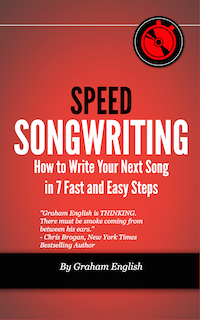
Enter your first name and email address below and click “GET ACCESS NOW!” to get the Speed Songwriting Cheat Sheet delivered to your inbox!
We guarantee 100% privacy. Your information will not be shared.

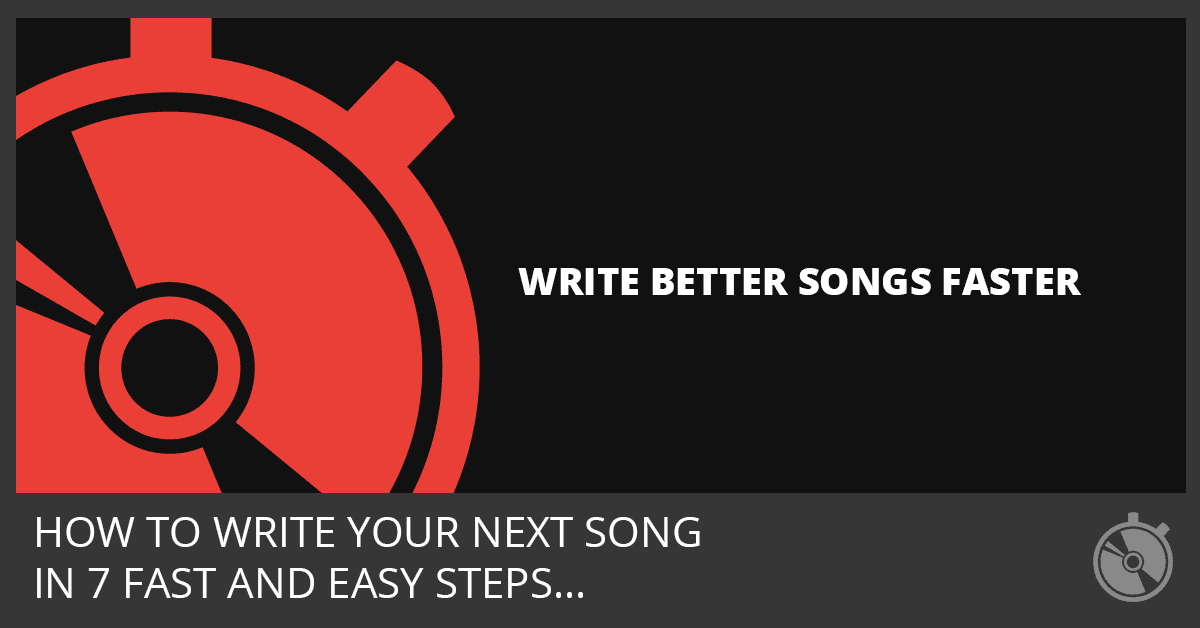



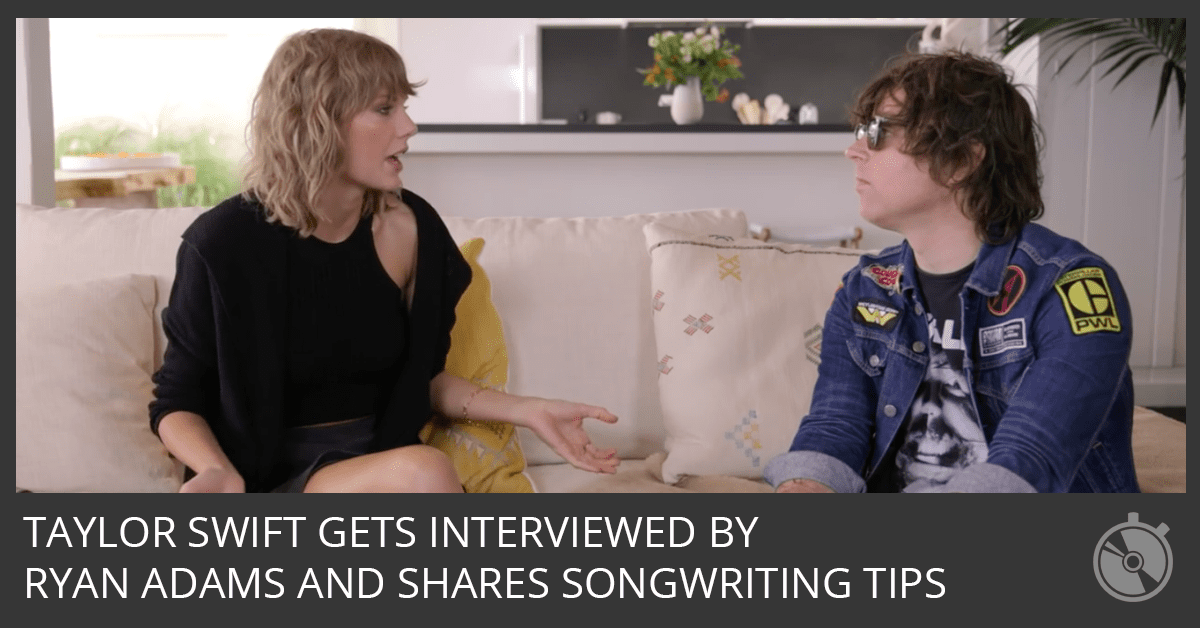
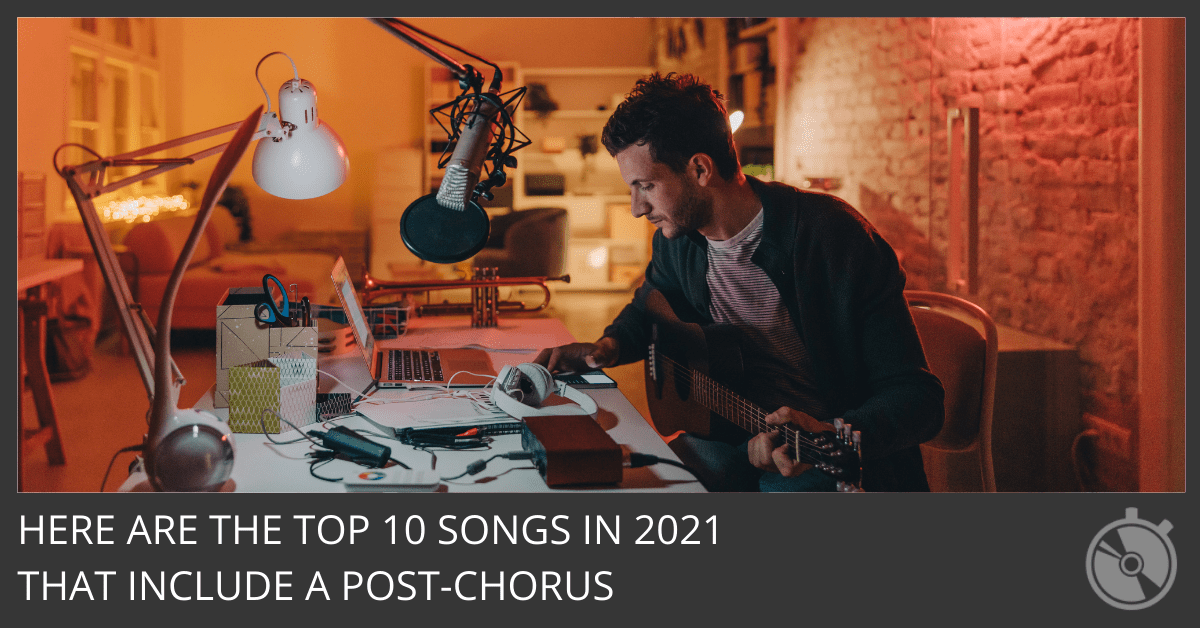

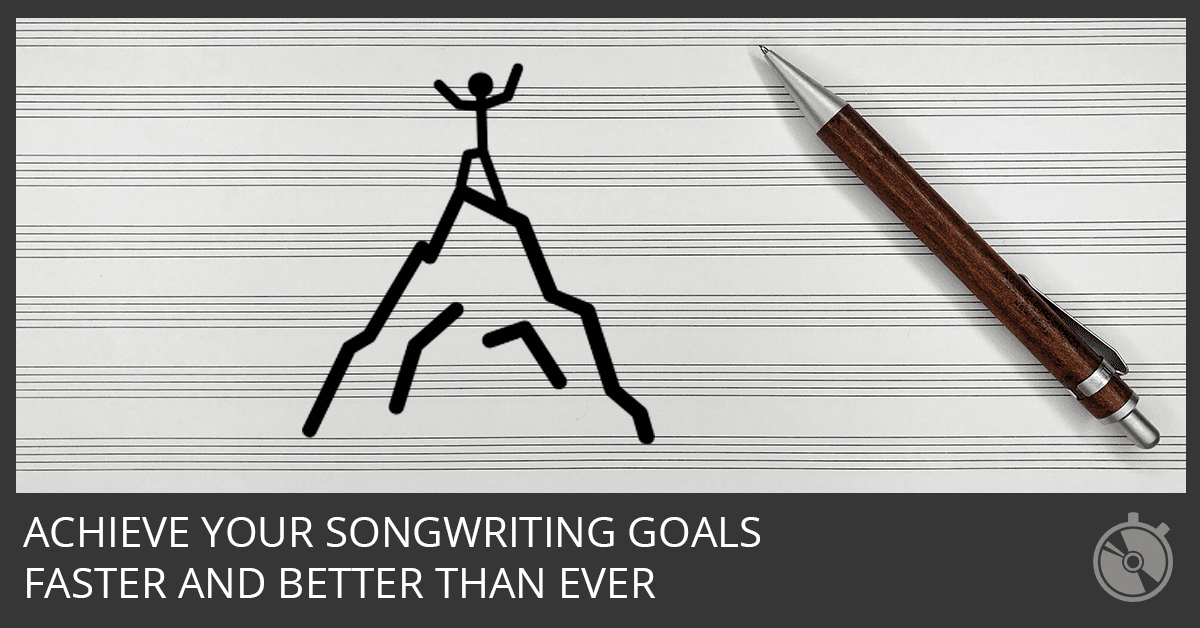
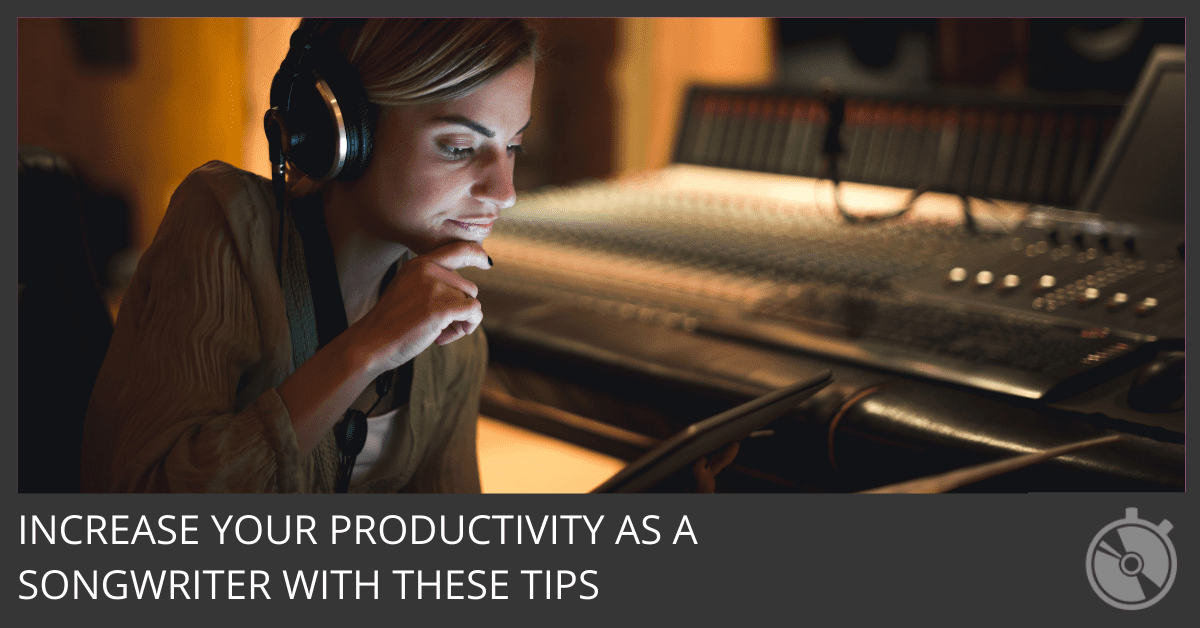
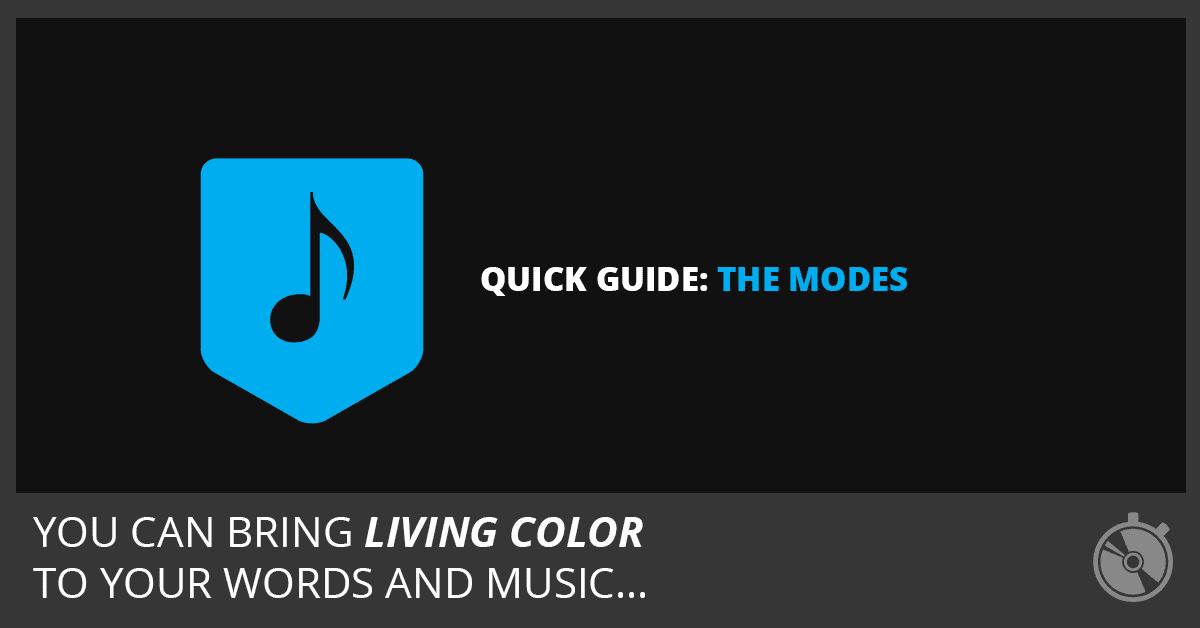
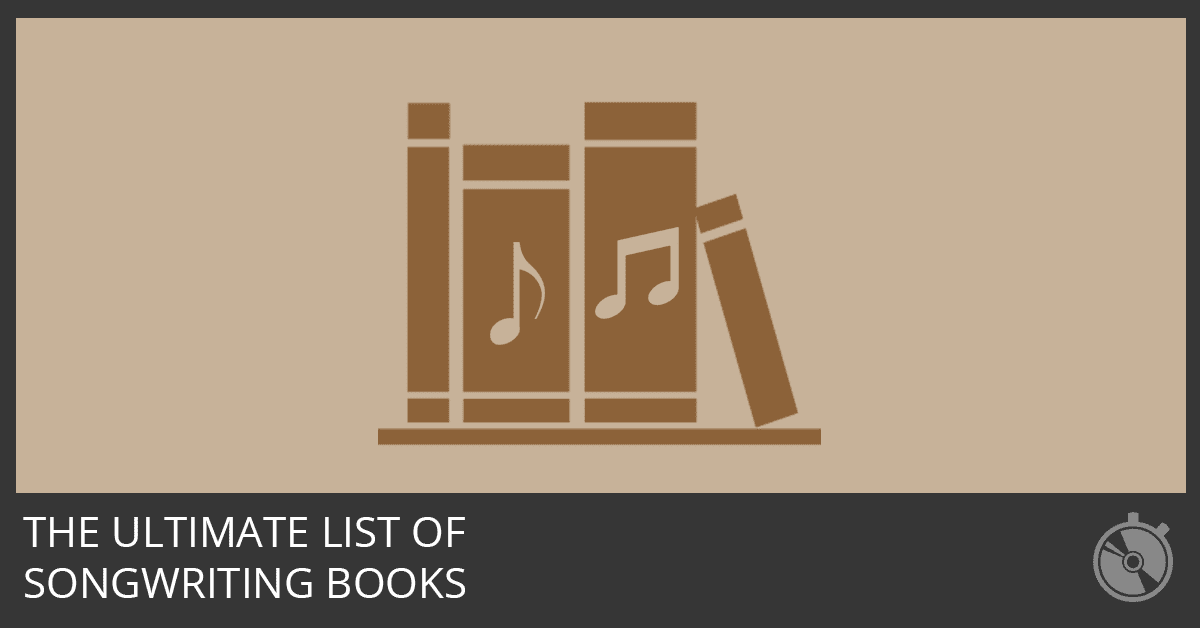
Leave a Reply